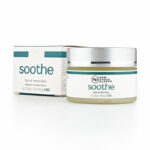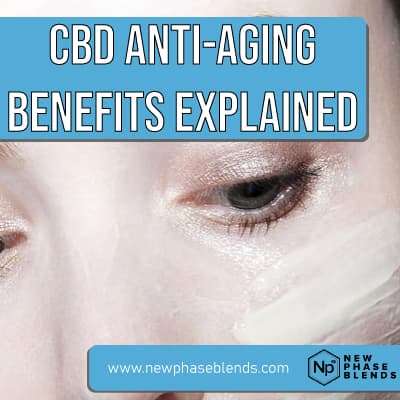For those wondering if CBD is the fountain of youth they’ve been searching for, you’re not alone. As CBD products flood the wellness market with anti-aging claims, separating scientific fact from marketing fiction becomes increasingly important. This comprehensive guide explores whether CBD truly possesses anti-aging properties, how it interacts with our body’s aging processes, and what realistic benefits you might expect.
By the end of this article, you’ll understand the scientific mechanisms behind CBD’s potential anti-aging effects, learn which CBD products might be worth your investment, and develop realistic expectations about what CBD can and cannot do for your skin and overall aging process.
The Science Behind CBD and Aging
Aging occurs at both visible and cellular levels, involving complex processes like inflammation, oxidative stress, and cell deterioration. To understand if CBD reduces aging, we need to examine how it interacts with these fundamental mechanisms.
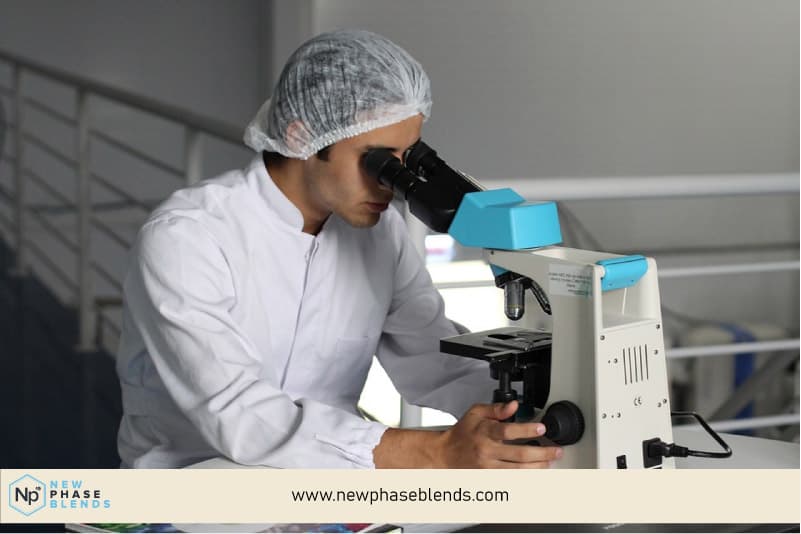
How CBD Works in the Body
CBD (cannabidiol) primarily works through the endocannabinoid system (ECS), a regulatory network throughout our body that helps maintain homeostasis. As we age, this system can become less efficient, potentially contributing to various age-related issues. CBD interacts with ECS receptors and may influence other signaling systems in the body. Unlike THC, CBD doesn’t produce intoxicating effects, making it appealing for therapeutic applications, including potential anti-aging benefits.
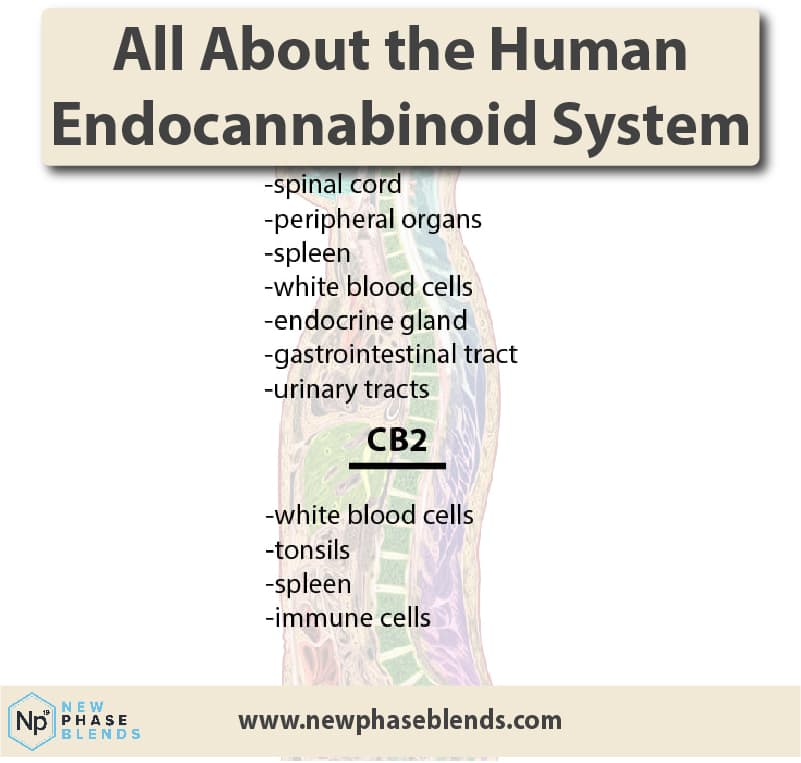
CBD’s Anti-Inflammatory Properties
Chronic inflammation is a key driver of aging, contributing to everything from wrinkles to age-related diseases. Research suggests CBD possesses significant anti-inflammatory properties that might counteract this “inflammaging” process. A 2020 review published in the journal Antioxidants noted that CBD’s interaction with the endocannabinoid system helps regulate inflammatory responses. By potentially reducing chronic low-grade inflammation, CBD might address one of aging’s root causes rather than just its symptoms.
Antioxidant Effects of CBD
Oxidative stress—damage caused by free radicals—accelerates aging at the cellular level. This manifests as wrinkles, age spots, and diminished organ function. CBD demonstrates impressive antioxidant properties, sometimes exceeding those of vitamins C and E in laboratory studies. A research paper in Free Radical Biology and Medicine suggested CBD might protect against oxidative damage by neutralizing free radicals and boosting the body’s natural antioxidant defenses. This dual approach to fighting oxidative stress positions CBD as a potentially valuable compound in the anti-aging arsenal.
CBD’s Impact on Skin Aging
The skin, our largest organ, often shows the first visible signs of aging. CBD’s potential effects on skin health have garnered particular attention in anti-aging discussions.
CBD for Wrinkles and Skin Elasticity
Collagen and elastin, proteins responsible for skin’s firmness and elasticity, diminish with age. Research indicates CBD might help neutralize free radicals that break down collagen, reduce inflammation that accelerates collagen degradation, and potentially stimulate new collagen production. A 2019 study in La Clinica Terapeutica found that CBD-infused topical products improved skin elasticity and hydration. However, these effects were modest, and more extensive clinical studies are needed before definitive claims can be made about CBD’s efficacy for wrinkle reduction.
Type: High strength CBD balm
CBD: 1000mg or 2000mg
Features: Free shipping, money back guarantee
Hydration and CBD
Proper skin hydration becomes increasingly challenging with age. CBD oil has natural moisturizing properties and may help the skin retain water by supporting the skin barrier function. Many CBD topicals combine cannabidiol with other proven moisturizers like hyaluronic acid or shea butter, creating products that address multiple aspects of skin aging simultaneously. This synergistic approach may provide better results than CBD alone, particularly for addressing dryness and fine lines that result from dehydration.
Beyond Skin Deep: CBD and Internal Aging
Anti-aging isn’t just about appearance—it’s about maintaining vitality and functionality. CBD’s potential internal anti-aging benefits deserve equal attention as they may provide more fundamental support for overall health and longevity.
CBD and Sleep Quality
Quality sleep is essential for cellular repair and regeneration. Poor sleep accelerates aging and diminishes overall health. CBD has shown promise in improving sleep quality by reducing anxiety that prevents falling asleep, potentially modulating sleep cycles, and addressing pain that disturbs sleep. Better sleep could indirectly offer significant anti-aging benefits by allowing the body’s natural repair mechanisms to function optimally. For many users, this improvement in sleep quality is among the most immediately noticeable benefits of CBD supplementation.
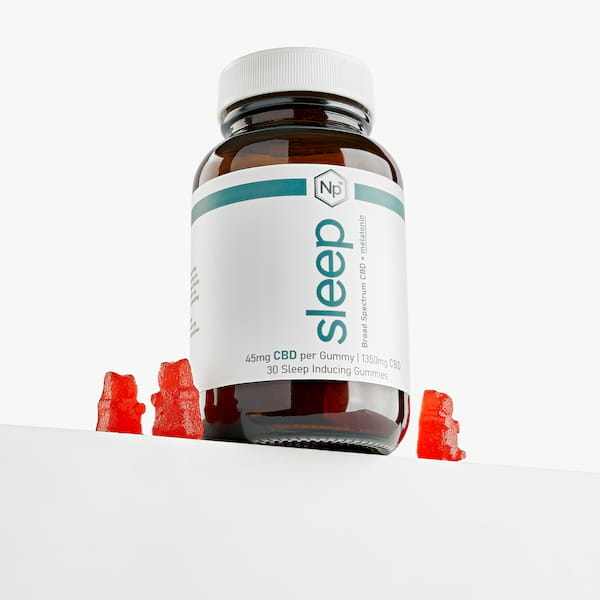
Stress Reduction and Cortisol Management
Chronic stress and elevated cortisol levels accelerate aging processes throughout the body. CBD’s anxiolytic (anxiety-reducing) properties might help mitigate this effect. Research in the Journal of Psychopharmacology demonstrated CBD’s potential to reduce stress responses and lower cortisol levels. By helping manage stress, CBD might indirectly slow various aging processes driven by chronic stress exposure. This connection between stress management and anti-aging makes CBD particularly interesting for those experiencing high-stress lifestyles that may accelerate the aging process.
Choosing CBD Products for Anti-Aging Benefits
Not all CBD products are created equal, especially when seeking anti-aging benefits. Here’s what to consider when shopping for anti-aging CBD products.
Topical vs. Ingestible Products
For targeted skin concerns, CBD topicals (creams, serums, masks) provide direct application to problem areas. Look for products containing full or broad-spectrum CBD rather than isolate for the “entourage effect,” additional proven anti-aging ingredients like retinol, peptides, or vitamin C, and appropriate concentration (usually 100-500mg CBD per ounce for efficacy). For internal aging processes, CBD oils, capsules, or edibles might be more appropriate, addressing systemic inflammation and stress responses. Many users find that combining both approaches—topical for direct skin benefits and internal for systemic effects—provides the most comprehensive anti-aging strategy.
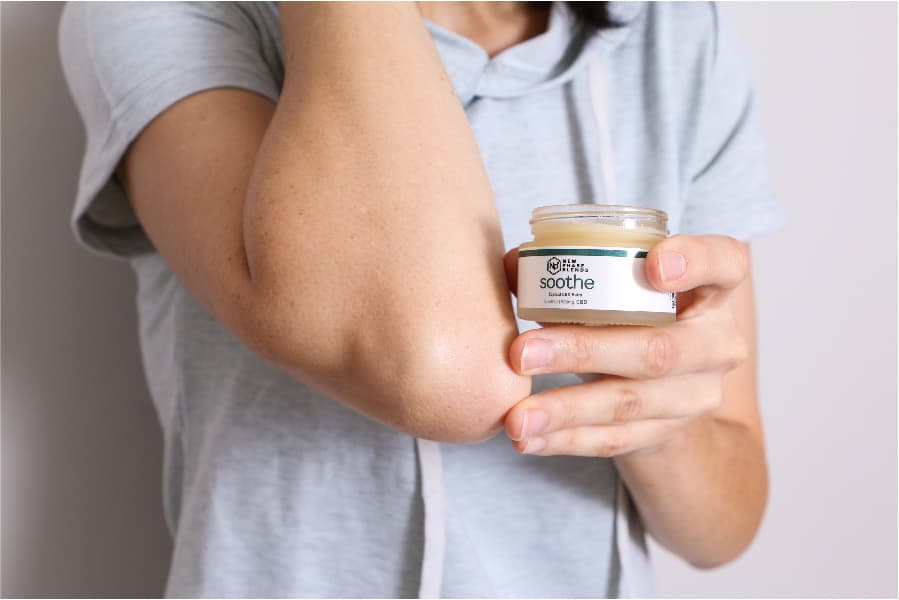
Quality Indicators to Look For
The CBD market remains largely unregulated, making product selection crucial. Prioritize products that offer third-party lab testing results (COAs), organic cultivation practices, CO2 extraction methods, clear indication of CBD content, and transparency about sourcing and manufacturing. These quality markers help ensure you’re getting effective, contaminant-free CBD that can actually deliver potential anti-aging benefits. Paying attention to these factors is essential, as low-quality CBD products are unlikely to provide the anti-aging benefits suggested by research, regardless of their marketing claims.
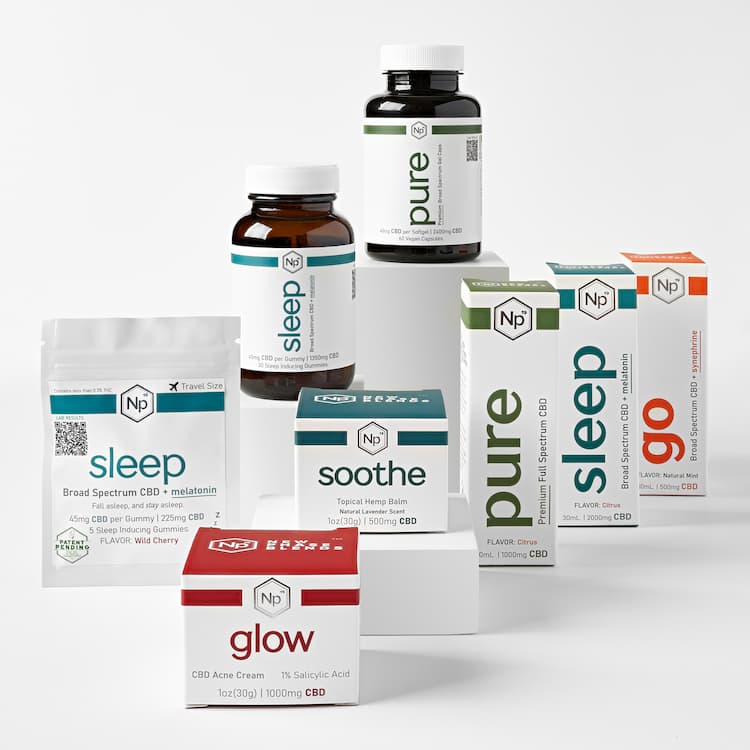
Realistic Expectations: What CBD Can and Cannot Do
Managing expectations is essential when considering CBD for anti-aging purposes. Here’s a balanced perspective on what’s realistic.
CBD’s Limitations in Anti-Aging
CBD is not a miracle cure for aging. It cannot completely reverse existing wrinkles or age spots, replace established anti-aging ingredients like retinoids, extend lifespan significantly based on current evidence, or work equally well for everyone due to individual differences. Most studies showing dramatic anti-aging effects have been conducted in laboratory settings or animal models, with human research still in early stages. Understanding these limitations helps develop a realistic approach to incorporating CBD into anti-aging routines.
Complementary Approaches for Maximum Benefit
For those serious about anti-aging, CBD works best as part of a comprehensive approach that includes sun protection (the single most important anti-aging measure), proper nutrition rich in antioxidants, regular exercise, adequate sleep, stress management techniques, and established skincare ingredients such as retinoids, peptides, and antioxidants. CBD may enhance these fundamental practices rather than replace them. This holistic perspective recognizes that no single compound—CBD included—can address all aspects of aging, which is a complex, multifaceted process affecting the entire body.
Safety Considerations When Using CBD for Anti-Aging
Before incorporating CBD into your anti-aging routine, consider these important safety factors.
Potential Side Effects and Interactions
While generally well-tolerated, CBD can cause side effects including dry mouth, drowsiness or fatigue, changes in appetite, and potential liver enzyme elevation at high doses. CBD may also interact with numerous medications by affecting liver enzymes that metabolize drugs. Always consult your healthcare provider before starting CBD, especially if you take prescription medications. These precautions are particularly important for older adults, who are more likely to be taking multiple medications and may have altered drug metabolism.
Special Considerations for Different Age Groups
Sensitivity to CBD may increase with age due to changes in metabolism and potential medication interactions. Older adults should start with lower doses and increase gradually, be particularly vigilant about drug interactions, consider medical supervision when beginning CBD use, and watch for increased sensitivity to effects. These considerations help ensure that the potential anti-aging benefits of CBD are achieved safely, particularly for those who may be more vulnerable to adverse effects.
Conclusion: Is CBD Worth Adding to Your Anti-Aging Routine?
Current evidence suggests CBD may indeed offer some anti-aging benefits through its anti-inflammatory, antioxidant, and stress-reducing properties. These effects could potentially address some root causes of aging rather than just treating surface symptoms. However, research specifically on CBD for anti-aging in humans remains limited. Most benefits are based on understanding CBD’s general properties and mechanisms rather than large-scale clinical trials focused on aging.
For those interested in exploring CBD’s anti-aging potential, a measured approach makes sense: start with quality products, maintain realistic expectations, use CBD as a complement to proven anti-aging strategies, and consult healthcare providers, especially if you have underlying health conditions or take medications.
The verdict? CBD shows promise as a valuable addition to anti-aging routines, but it’s not revolutionary enough to stand alone. As research advances, we’ll gain clearer understanding of exactly how—and how much—CBD can help reduce the aging process.



